Spelling practice Phonics Worksheets for Ages 6-8
60 filtered results
-
From - To
Enhance your child's spelling skills with our engaging Phonics Worksheets designed for ages 6-8! Our resources help young learners master phonics through fun, interactive activities that build confidence in spelling and pronunciation. Each worksheet focuses on sound-letter correspondence, helping kids recognize patterns and decode words easily. With colorful illustrations and clearly structured exercises, these worksheets foster a positive learning environment while promoting literacy development. Whether at home or in the classroom, our Phonics Worksheets are perfect for reinforcing essential spelling skills. Encourage your child's love for reading and writing—download our printable worksheets today and watch their skills soar!


Rhyming Words: Assessment Worksheet
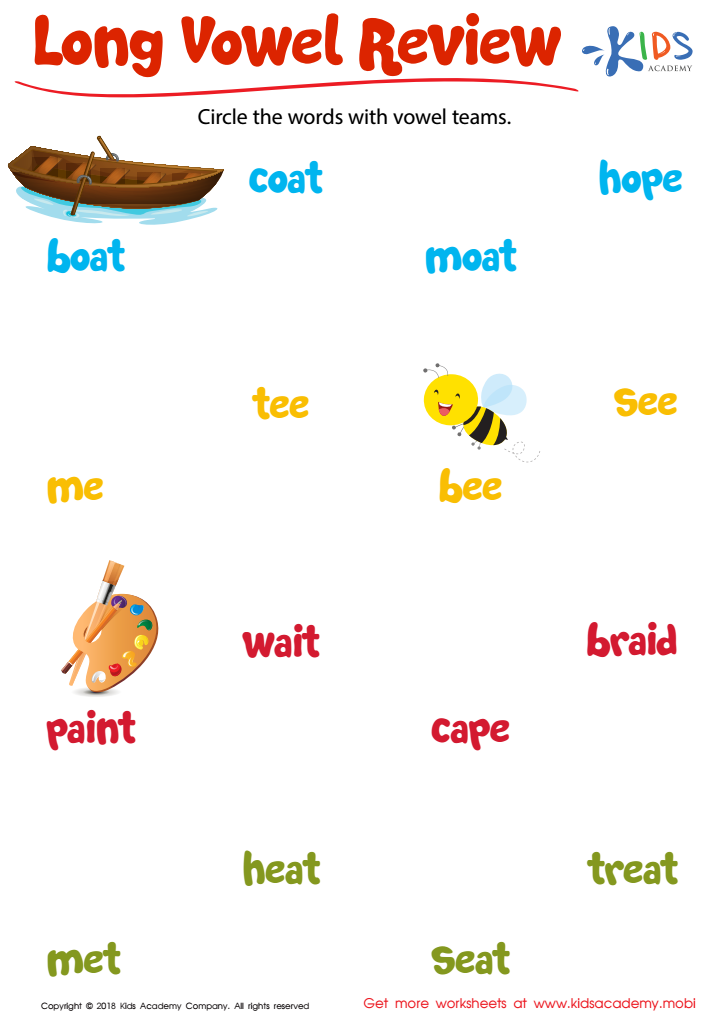

Long Vowel Review Worksheet
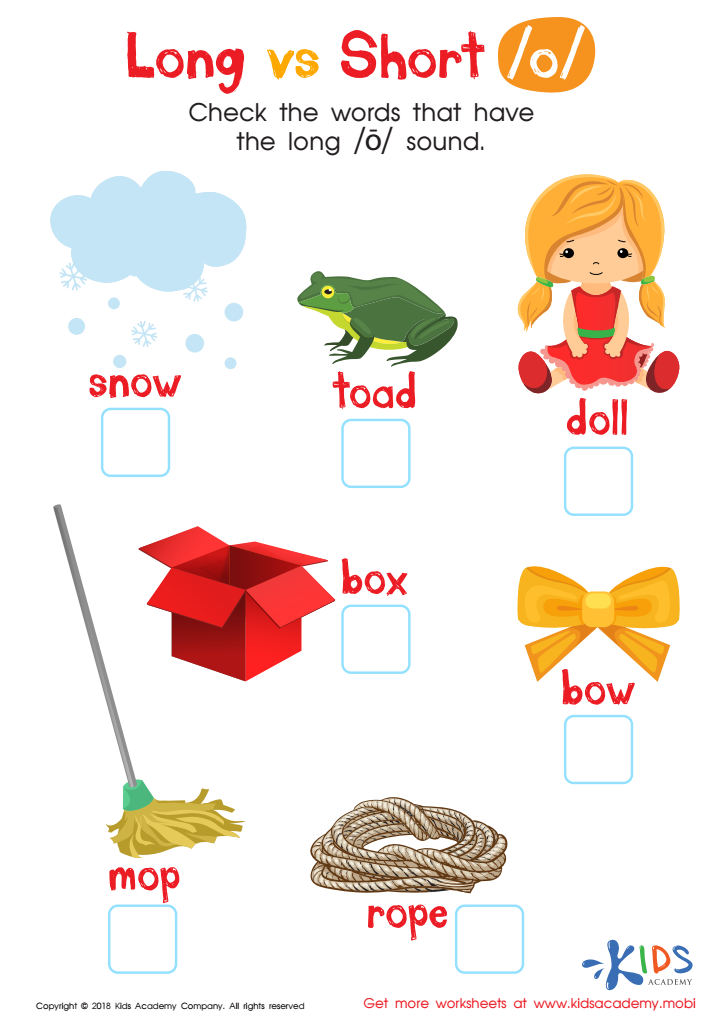

Long vs Short O Reading Worksheet
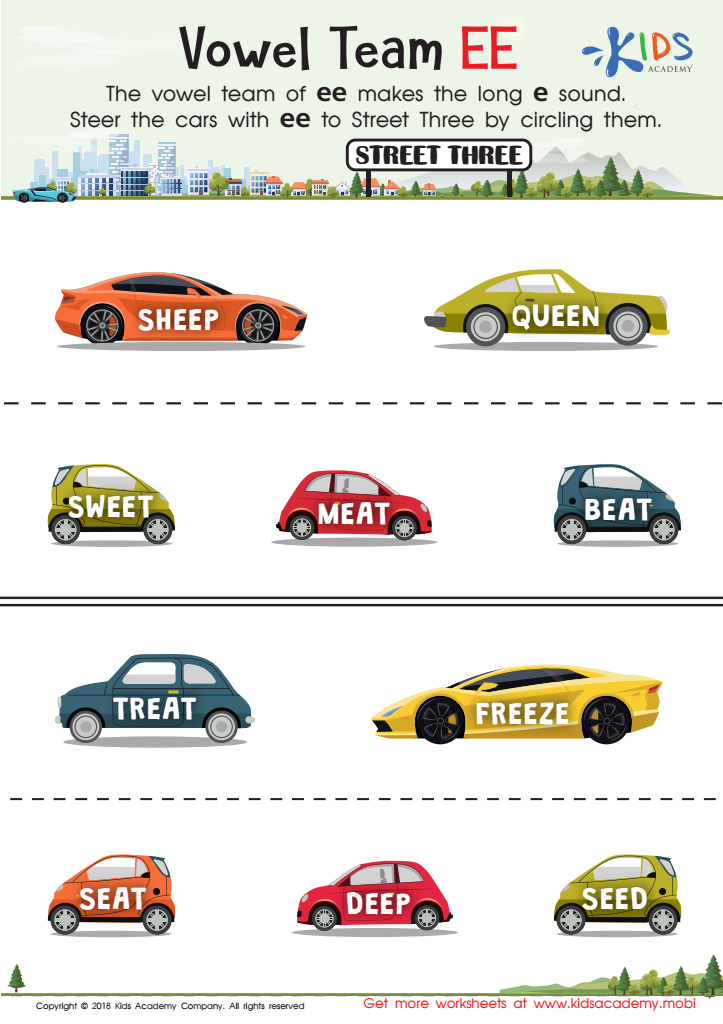

Vowel team ee Worksheet


Let's Check Long Vowels: Assessment Worksheet
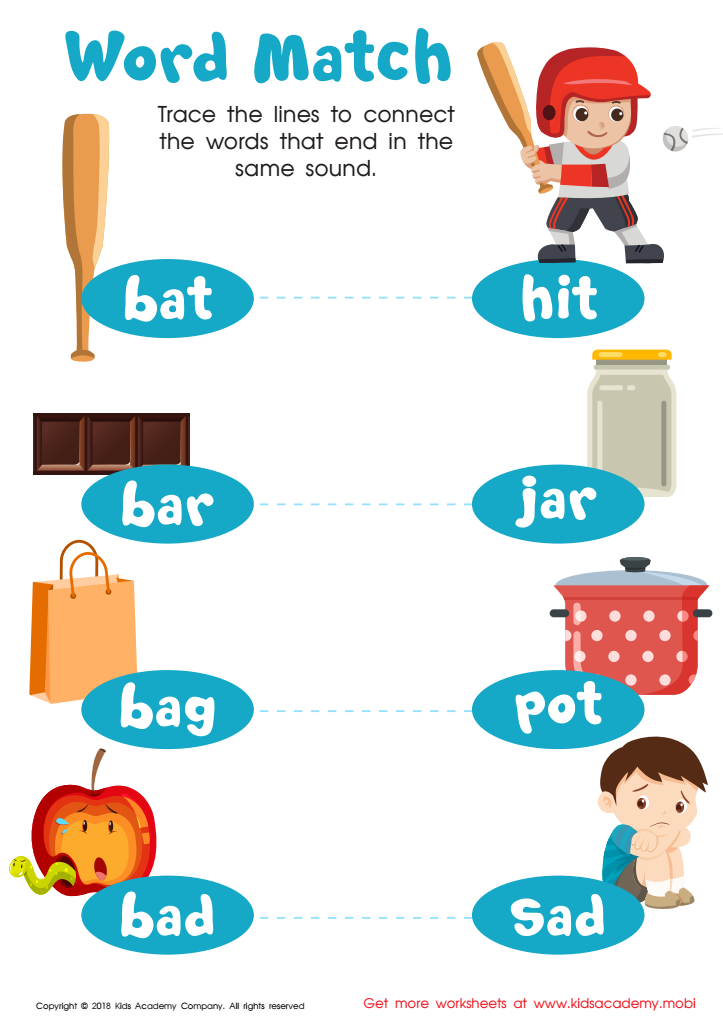

Word Match Reading Worksheet
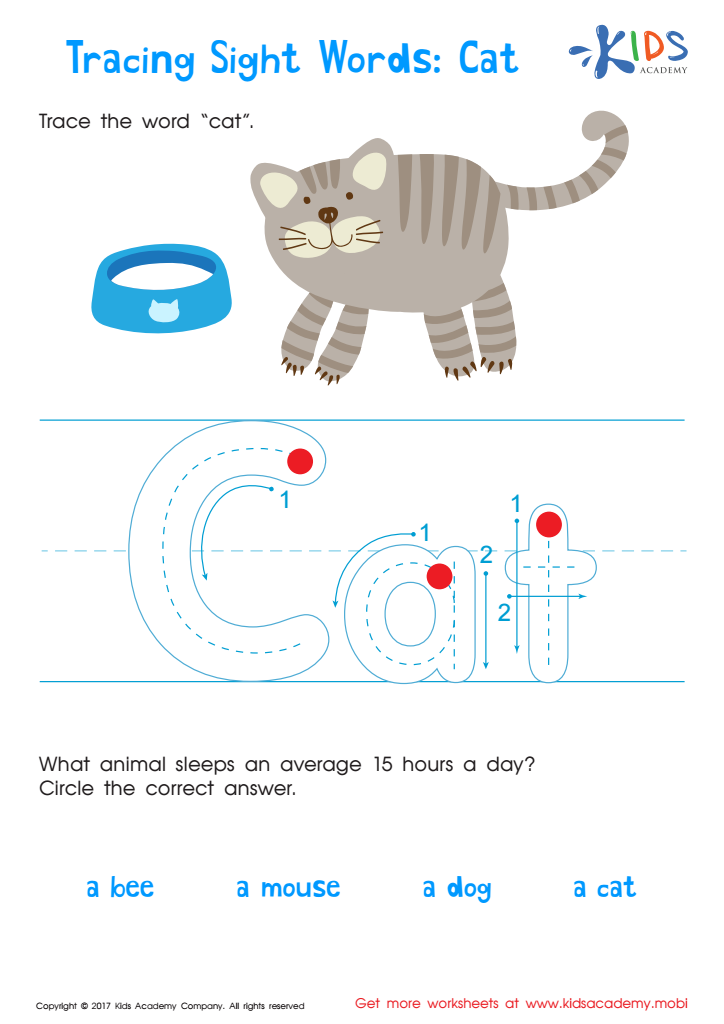

Cat Printable Sight Words Worksheet
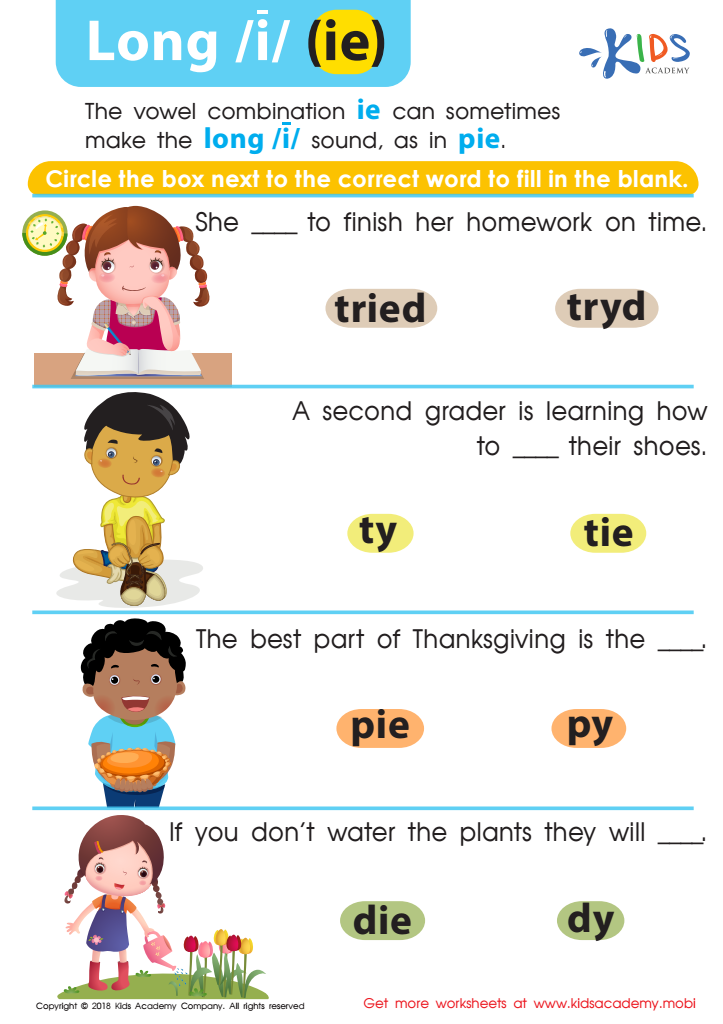

Reading: Long I and IE Worksheet
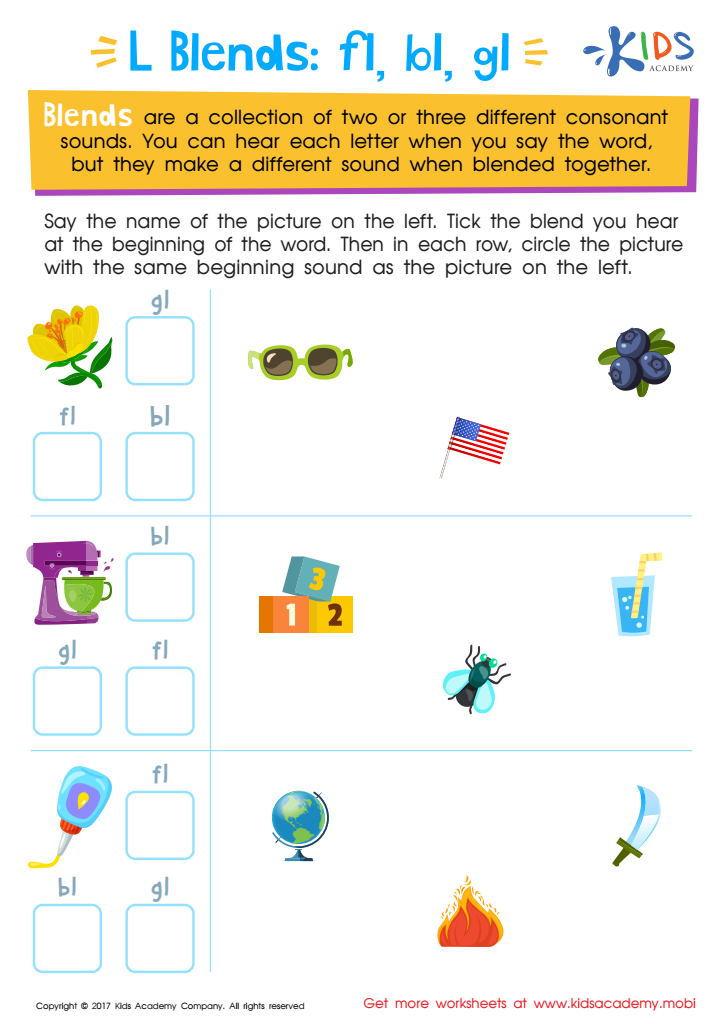

Blending Consonants: "Fl", "Bl" and "Gl" Printable
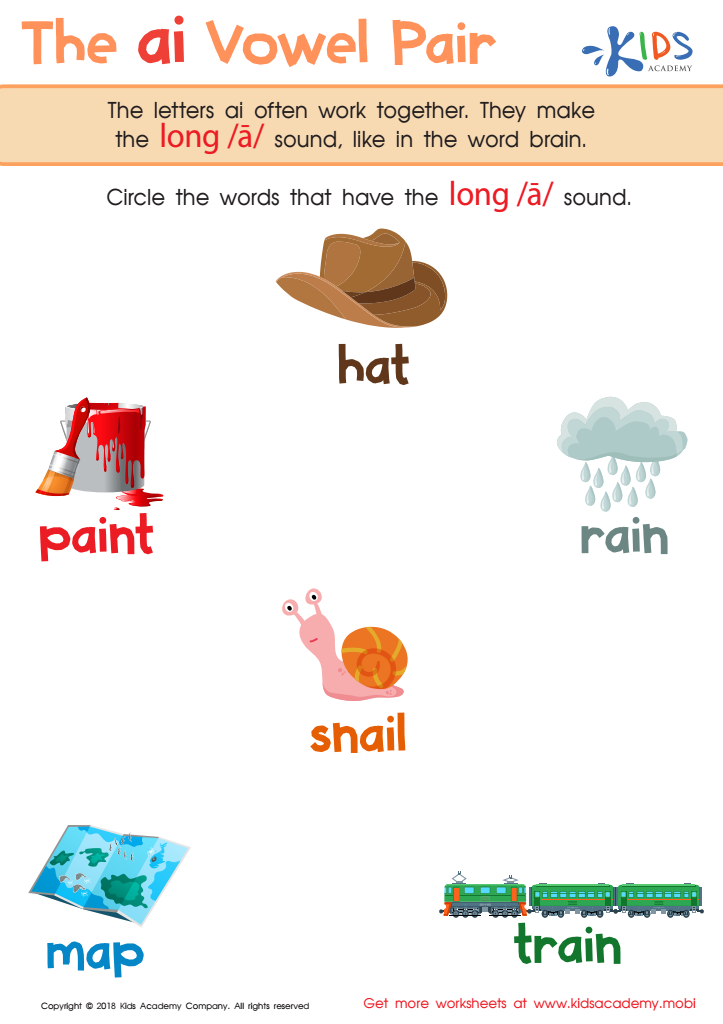

The AI Vowel Pair Worksheet
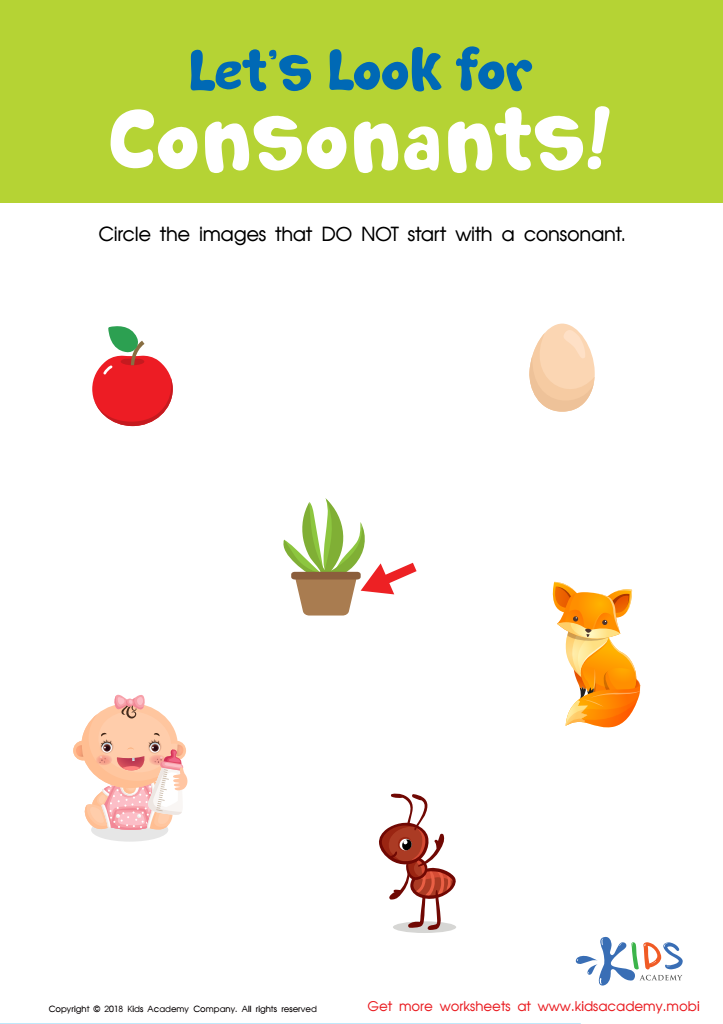

Let's Look for Consonants Worksheet
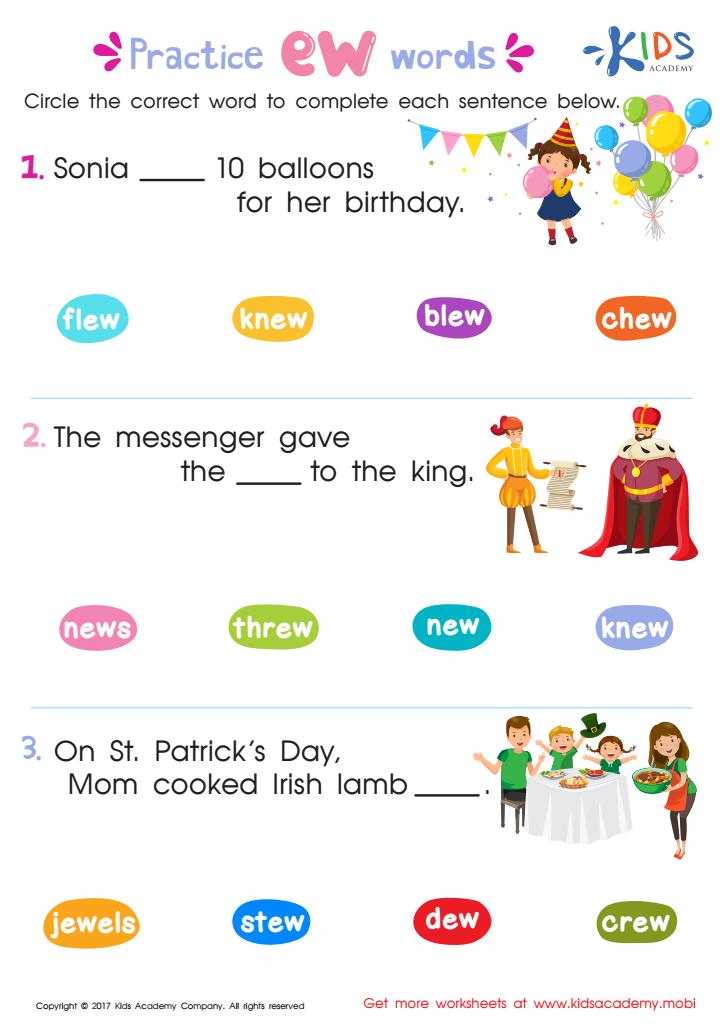

EW Words Worksheet
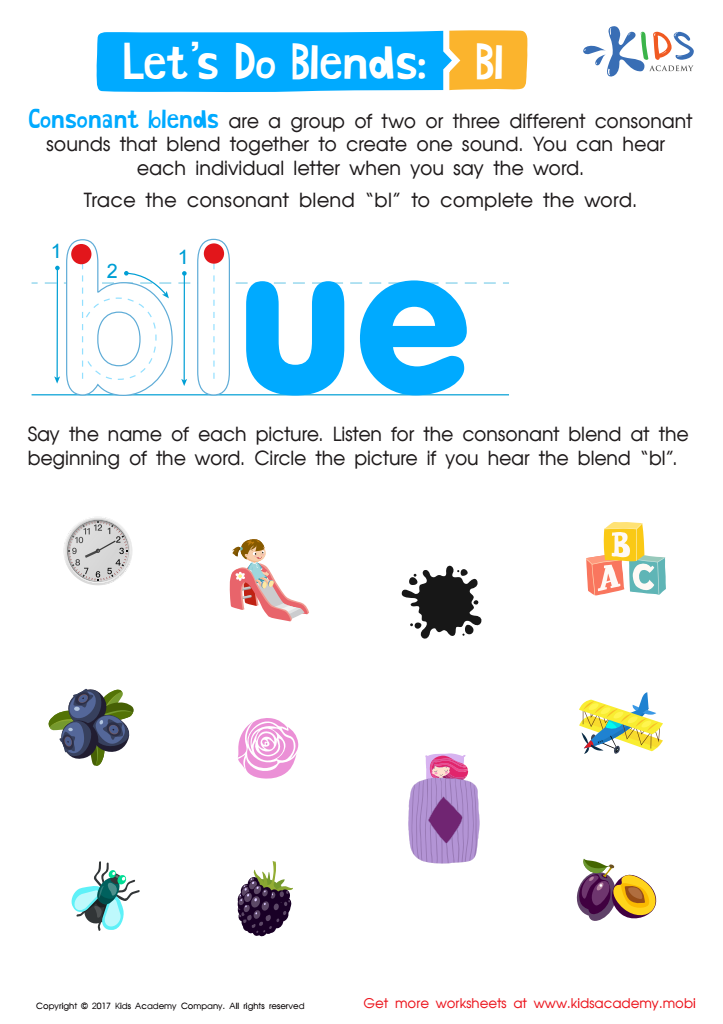

Beginning Blends: "Bl" Words Worksheet
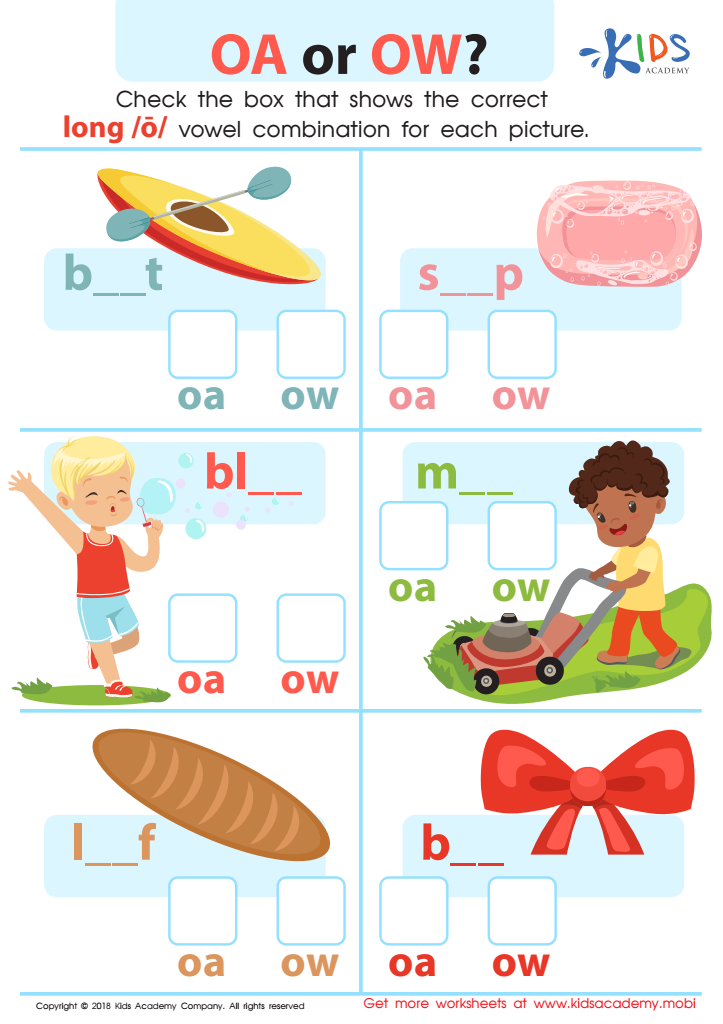

Reading: OA or OW Worksheet
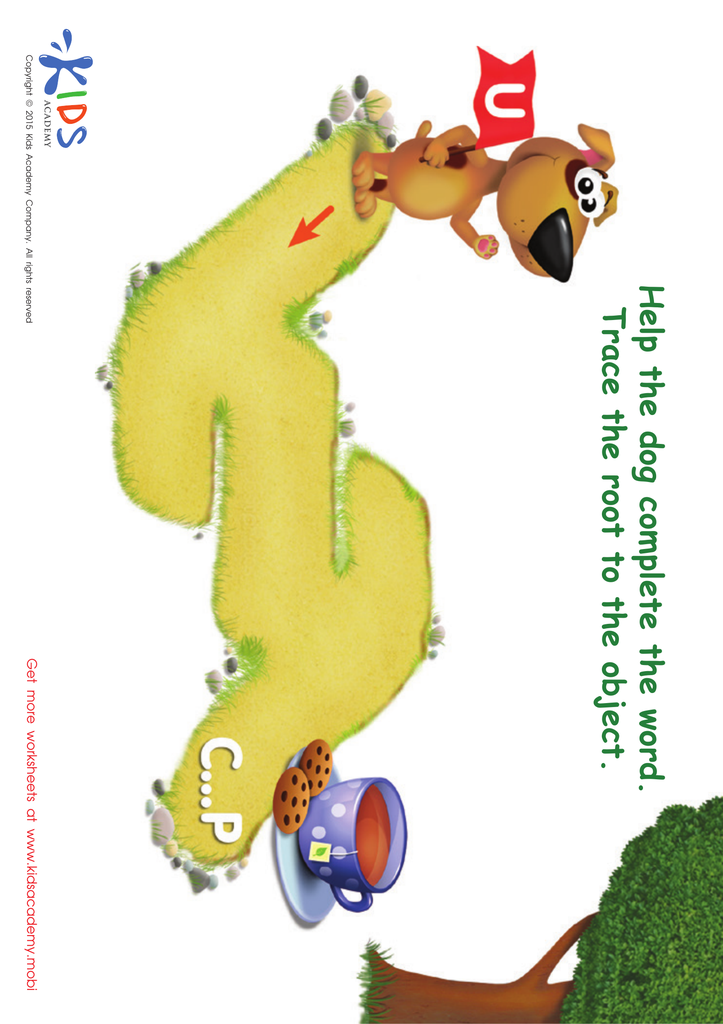

Short Vowel Sound U Worksheet Worksheet
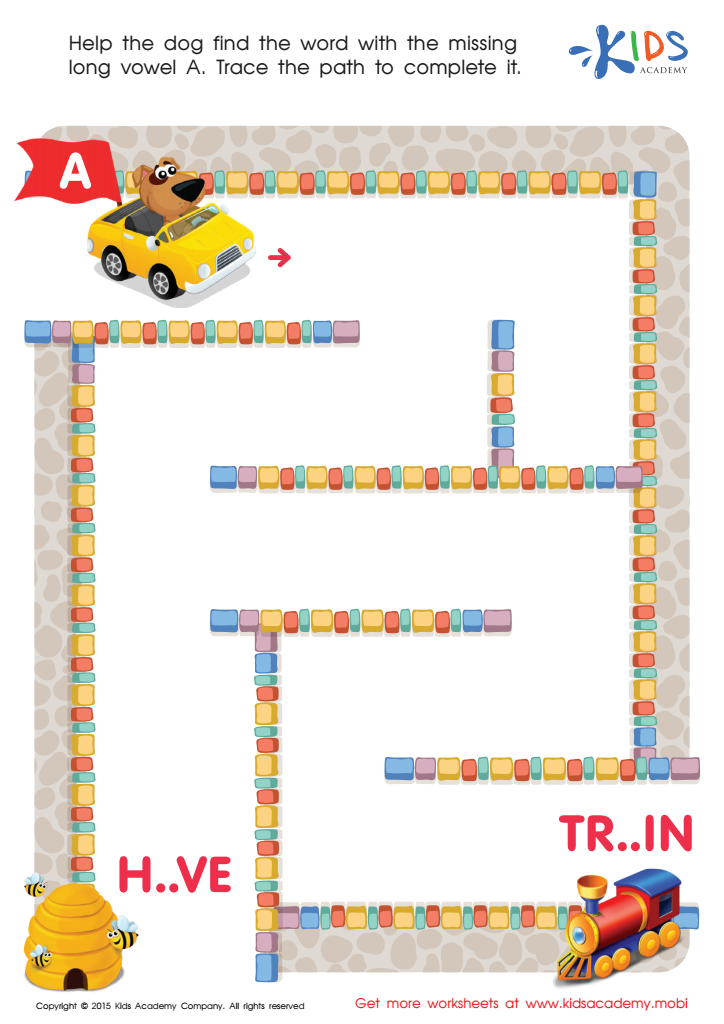

Long Vowel Sound A Worksheet


Short Vowels /e/, /i/, and /u/ Worksheet
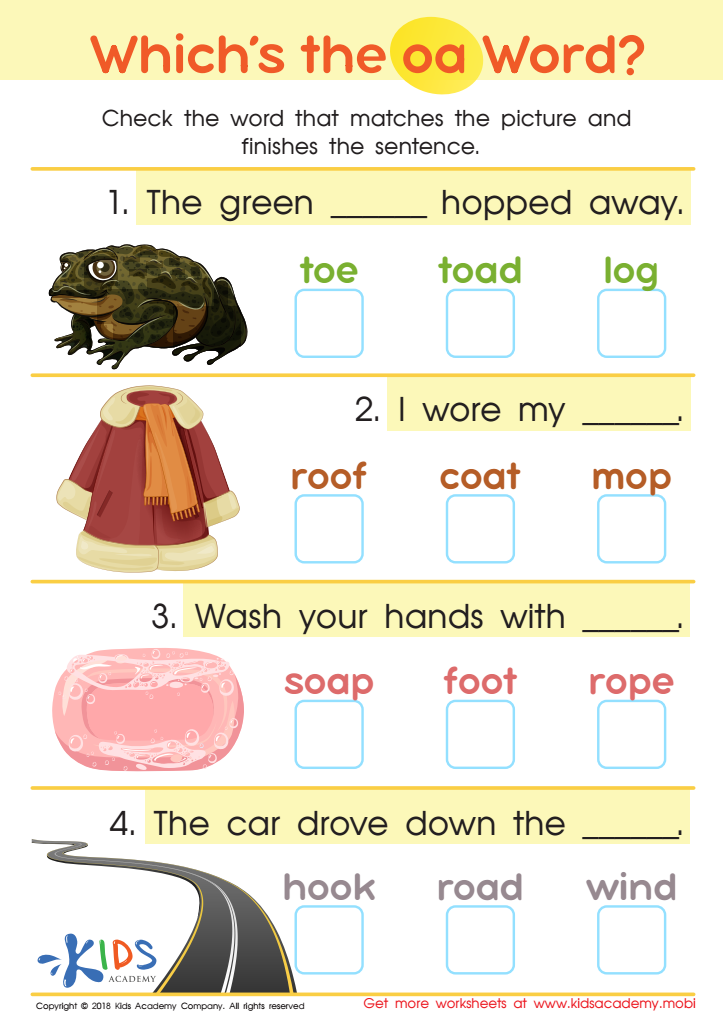

Which's the OA Word? Worksheet
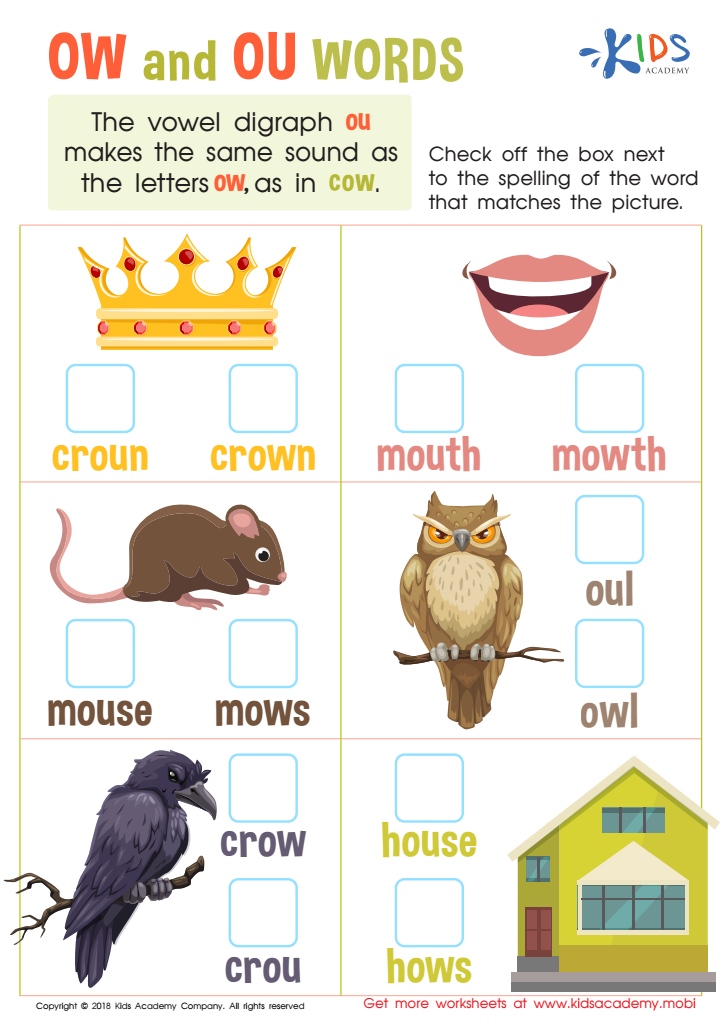

Reading: OW and OU Words Worksheet
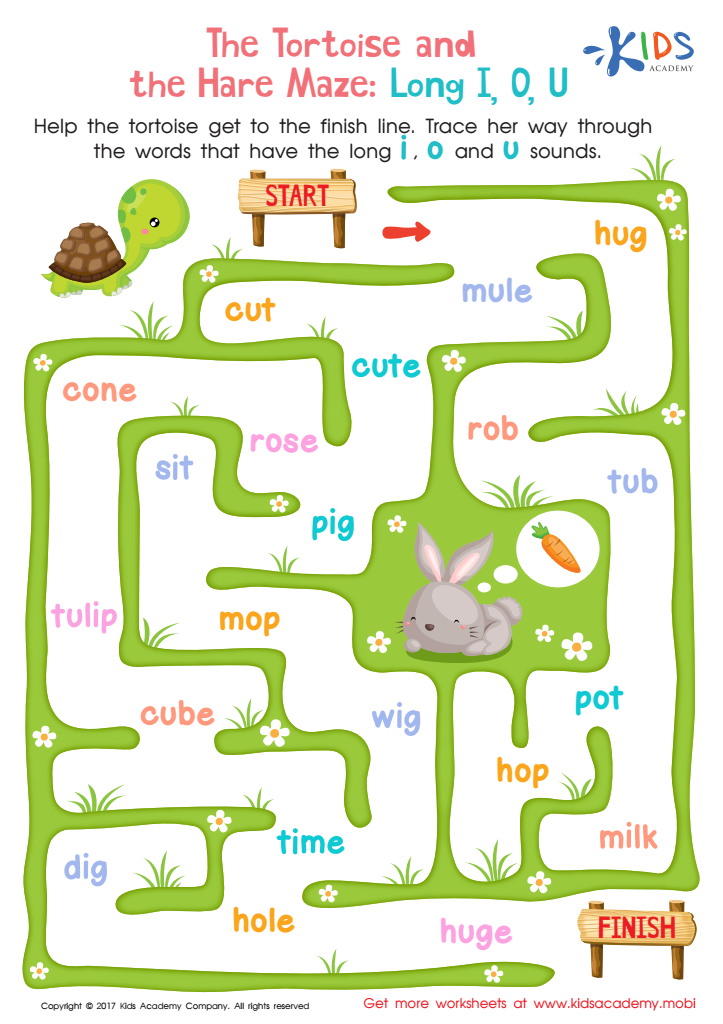

Long I, O, U Words Worksheet
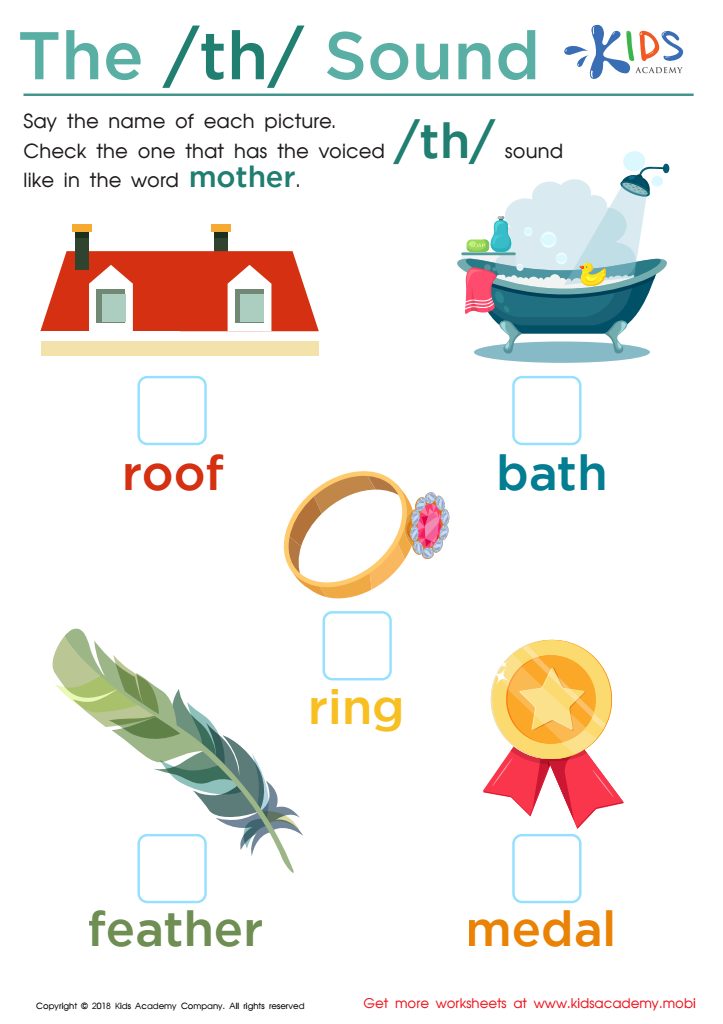

The /th/ Sound Worksheet
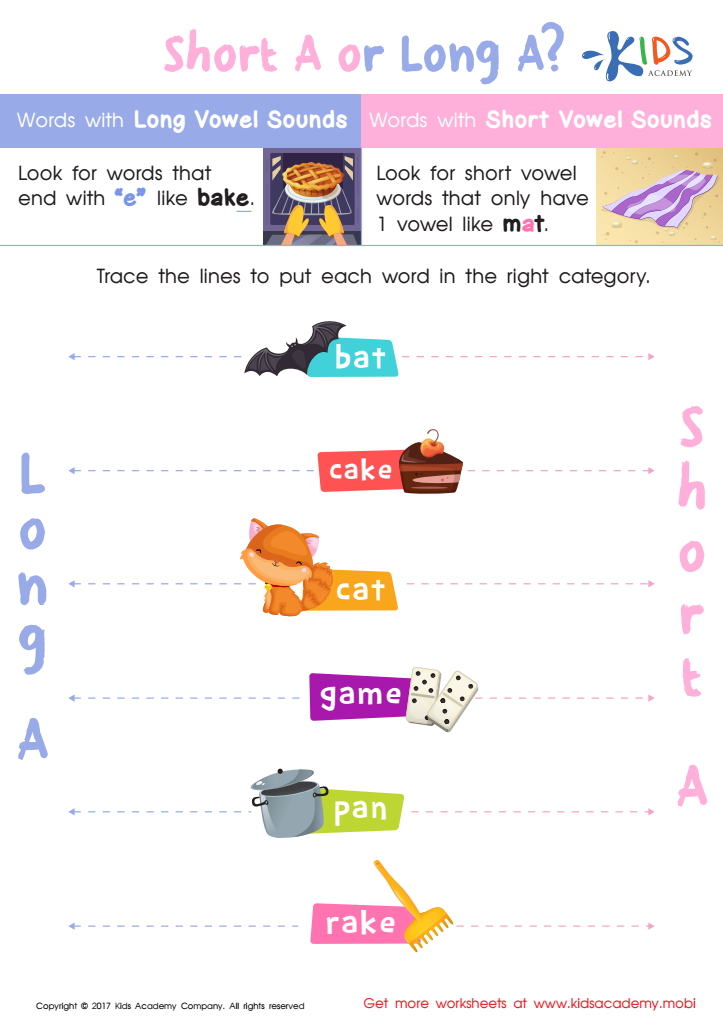

Short /a/ or Long /a/? Worksheet
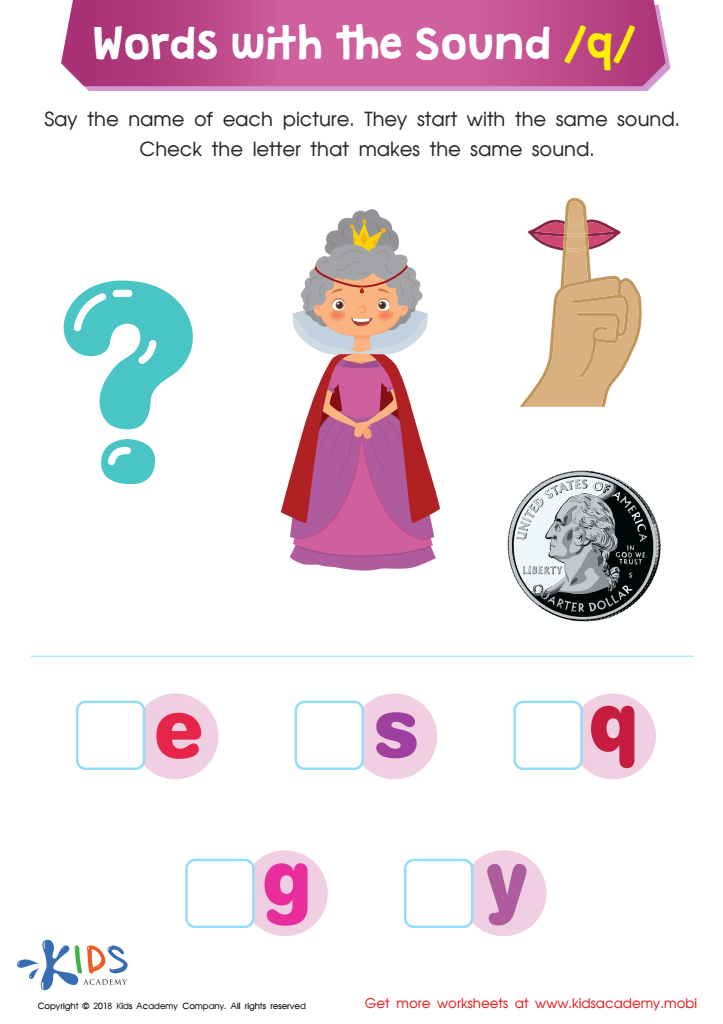

Words with Sound Q Reading Worksheet
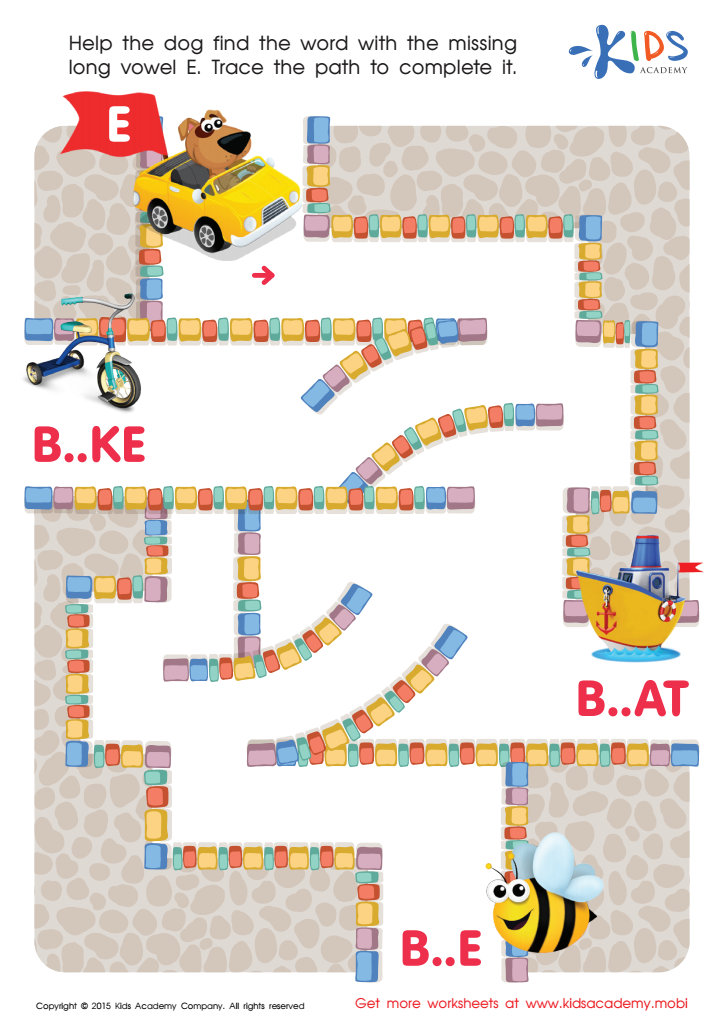

Long Vowel Sound E Worksheet
Spelling practice and phonics play a critical role in the literacy development of children aged 6-8, as this is a pivotal stage for building foundational reading and writing skills. For parents and teachers, prioritizing these areas is essential for several reasons.
Firstly, phonics instruction equips children with the ability to decode words, which enhances their reading fluency. When children understand the relationship between sounds and letters, they become more confident readers, paving the way for greater comprehension as they encounter more complex texts.
Furthermore, consistent spelling practice reinforces vocabulary acquisition and helps students recognize word patterns. A strong command of spelling contributes to improved writing skills, enabling children to express their thoughts clearly and effectively. This skill not only boosts academic performance but also fosters a sense of achievement and motivation.
Additionally, establishing a solid foundation in spelling and phonics during this age range can lead to lifelong literacy benefits, affecting children's academic success and future opportunities. By engaging actively in spelling practice and phonics, parents and teachers aid in developing proficient readers and writers, contributing to a child’s overall confidence and enjoyment in learning. Ultimately, fostering these skills in early education lays the groundwork for a brighter educational and personal future.

 Assign to My Students
Assign to My Students















